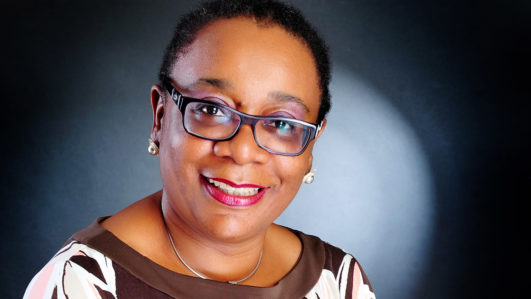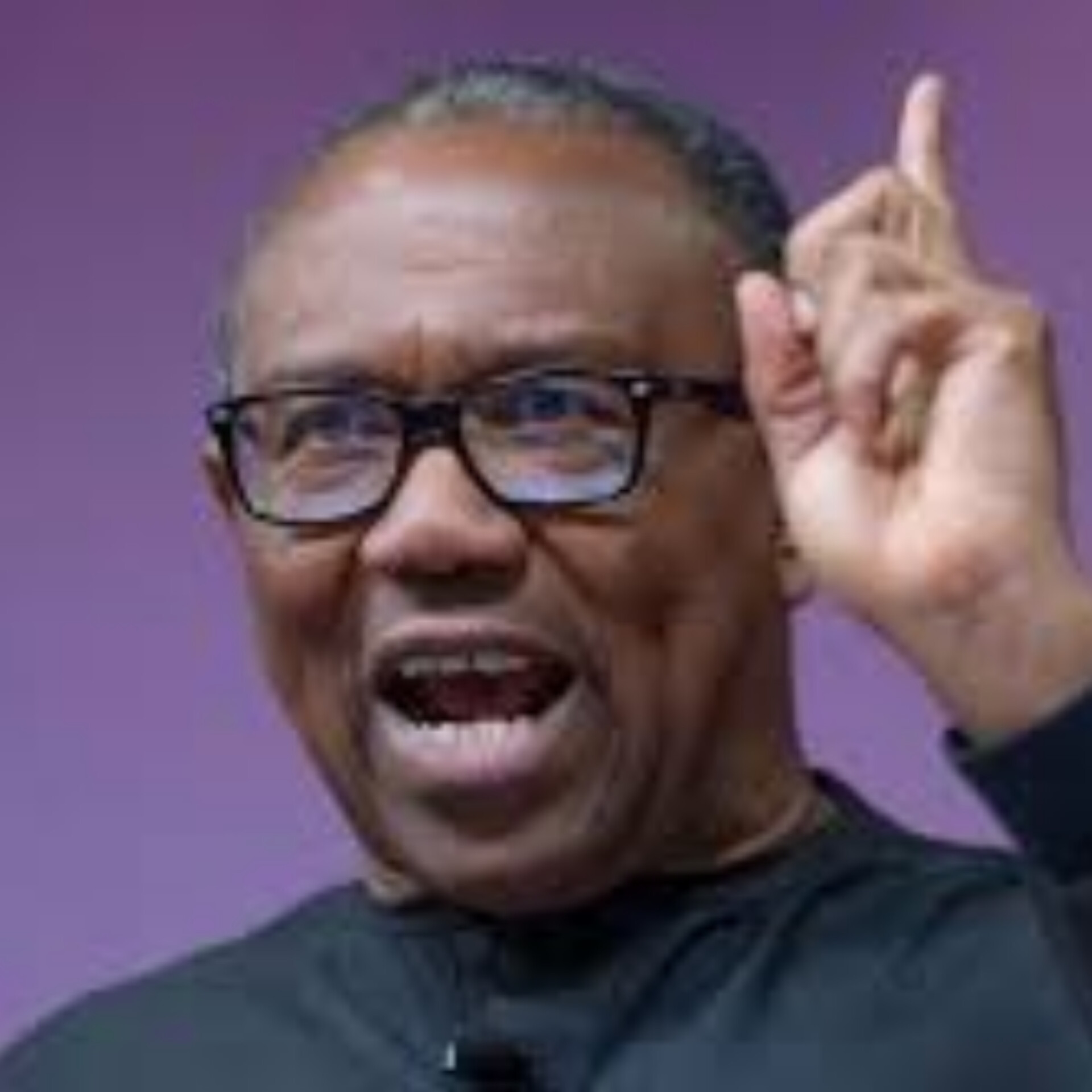By Ishaq Dan-Imam
The Nigerian Feminist Forum (NFF) has raised strong objection to the proposed removal of sex education from Nigeria’s basic education curriculum.
They therefore appealed to the Minister of education, Malam Adamu Adamu, federal ministry of education and the Nigerian educational research and development council (NERDC) to rescind the decision to expunge Sex Education from the Nation’s education curriculum.

A statement by the Communication and Programme Assistant of the Non-governmental organisation Adaeze Ekpunobi, said removal of ‘sex education’ will jeopardize the right of students to health education given its immense benefits to the health, well-being and protection of the child from disease infection as well as teenage pregnancy.
NFF insisted that the Minister
of Education, Malam Adamu Adamu and NERDC should in the interest of Nigeria and its Public health, reverse the policy with quick rescission of the government’s decision on the controversial sex education review.
“The NFF expressed the believed that the directive is ill-advised and stems from a place of ignorance on the
value of sex education as a right and vital aspect of health education and holistic wellbeing of school-aged young Nigerians.”
The Nigerian Feminists Forum, which is a policy advocacy forum of Nigerian Feminists, argues that, “Sex education in school curricula in Nigeria will play an important role in preparing young people for a safe, productive, fulfilling life in a world where HIV and AIDS, other sexually transmitted infections, unintended pregnancies, illegal abortion, gender-based violence and gender inequality still pose serious risks to their well-being.
“Expunging”sex education from the Nigerian school curricula, exacerbates myriads of sex-relate risks that young school-aged Nigerians are exposed to.”
The NGO said, contrary to the Minister’s position on sex education, “Evidence-based researches at national and international levels, have outlined the benefits of Sex Education to include delayed sexual initiation; reduced risk-taking; increased use of
contraception; and improved attitudes to sexual and reproductive health,” the NGO says.
It called on government and policy-makers to provide safe, accurate and incremental sex education to young people in the country, adding that Sex education in schools, is imperative in today’s information age, where young people can access information from the Internet and social media:
“The Nigerian government cannot afford to neglect the right to health and holistic well-being of millions of school-aged Nigerians. the repercussions of such carelessness and retrogressive action will
impact on all aspects of the Nigerian society.”
The Nigerian Feminist Forum, therefore, called on the Minister of Education to withdraw his directive on Sex education to NERDC and the federal ministry of education.
The forum also asked the minister to ensure that mechanisms are put in place across the country to protect the right to health and holistic well-being of every school-aged Nigerian.
It also urged the government to ensure that the sex education curriculum in the country is in line with the International technical guidance on sexuality education.
“We also call on Nigeria Educational Research and Development Council (NERDC) to ensure that the policy on sex education in Nigerian schools curricula is maintained;
“Ensure that public policies on sexuality education in the country is culturally relevant,
accurate, incremental, age- and developmentally appropriate;
“Create accountability in the evaluation mechanisms that allow for public engagement with young people, parents, teachers, gender experts and other relevant stakeholders in the process of delivery and assessment of sexuality education programmes in Nigerian schools.




